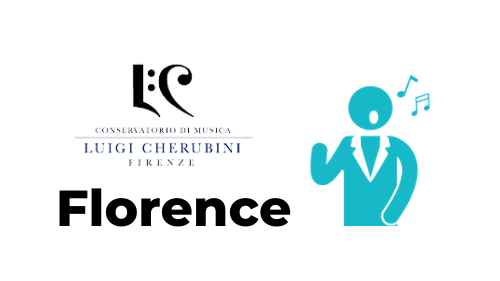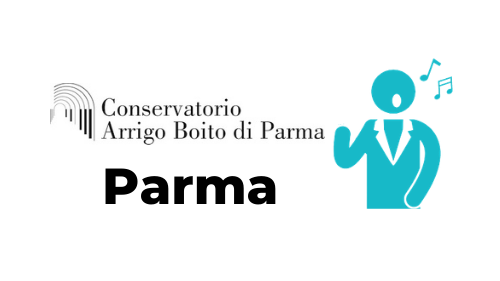![]()
Period of the EOA module in 2024-2025:
ERASMUS students (STT) may choose a mobility of minimum 3 – maximum 6 months during the academic year 2024-2025
Content:
This module offers an entirely specific traineeship for piano accompaniment of voice and opera scenes, designed for pianists who consider a future in the world of opera by adding to their curriculum a first work experience in this various and challenging environment. Trainees will accompany singers on the piano in different settings:
- singing lessons,
- scenic interpretation lessons,
- staging
- preparation for exams and concerts and during public performances. This always under supervision of a tutor.
The goal is to improve the knowledge of opera repertoire and to practice the specific skills requested.
The trainee will receive weekly tasks from the coordinator of piano accompaniment.
A module for professional pianists who wish to broaden their knowledge of the operatic repertoire in compliance with all the specific attitudes. With a full immersion into Italian opera together with the opportunity to develop the best practice in Italian language applied to opera. To exercise, develop and improve their skills as a pianist in accompanying different voice parts.
Specialty of this module in comparison with other courses in Europe
A full immersion into Italian opera together with the opportunity to develop the best practice in Italian language applied to opera. Choice of repertoire (title and characters) according to student’s needs. Exchange and collaboration with other students of the Conservatory (from all over the world) working on the same repertoire.
A unique opportunity to fully immerse themselves in the rich operatic music culture of the territory, attending places of unique musical interest, within the Conservatory (Musical Section of Libreria Palatina, Boito’s Studio and Toscanini’s Studio) or the nearby of it (the Library of the Istituto Nazionale di Studi Verdiani, the Museo dell’Opera, the Casa della Musica etc).
Names of the professors of this module:
- Nicola Mottaran (Coordinator of Piano accompaniment) Fabio Ferrucci (Tutor)
- Teaching staff (Piano Accompaniment Teachers) from the Singing and Music Theatre Department of the Conservatory.
Possible extras in addition to this module:
Upon request a little tour of the main “music treasures” of Verdi’s land: the birthplace of Verdi and Villa Sant’Agata, the Toscanini Museum, the world-renowned Teatro Regio, the beautiful Teatro Farnese (17th century), the Casa del Suono, etc. Opportunity to join Italian Course level A2+B1 in the first semester or English Course level B1 or B2 in second semester. October is the month of the Parma Verdi Festival. Facilities are offered to enrolled students who want to experience a show at the Teatro Regio and/or other planned locations.
Minimum and maximum number of EOA students
1-5 (no max limit)
Number of teaching/production hours of the EOA module
- Semester 200 hours (about 10 hours per week)
Number of ECTS within master accreditation
Depending on the effective number of hours.
Entrance examination:
Online examination through the Application, that needs to include
- CV
- Repertoire
- Videos
- Motivational letter (optional)
Final examination:
30-minute performance in piano accompaniment of voice (and/or opera scenes).
Teaching language/Required level of language
Italian (min A2 to be improved) and English (B2)
Total expenses of the EOA module per student and what is included/excluded in this price
Erasmus students (SMS) only. No extra fees.
Deadline for applications:
- 1st deadline: 30 April 2024
- 2nd deadline: 15 October 2025
Date for expected answers:
- 1st deadline: 30 June 2024
- 2nd deadline: 15 December 2025

